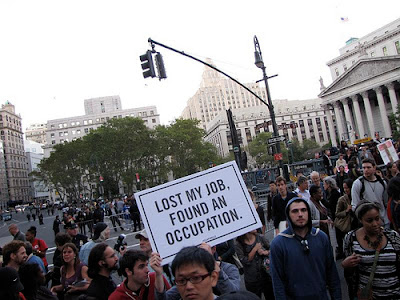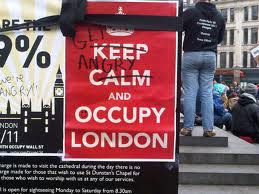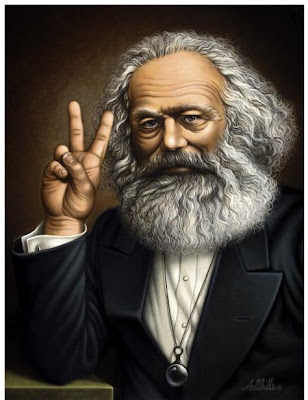MLK: A Radical, Not a Saint

My position on Martin Luther King Jr. is somewhat similar to my position on Jesus Christ. I have a strong affinity for both of them in their radical dimensions, the way they challenged system of oppression in their time and proposed a powerful message of social change into something that was potentially more equitable. Both of them have of course been edited and watered down significantly in their message, to the point where both of them can be invoked in the name of so many things that they would have violently detested in their lives. Gof ya-hu si Jesus Kristo komo un zealot. Lao anggen un lahen Yu'us, hmmm, ti bali nu Guahu i mensahi-ña. Parehu yan si MLK. Gof annok gi sinangån-ña yan gi bidå-ña na zealot lokkue'. Lao atan ha' på'go, i manracist na taotao, ma u'usa i estoria-ña para u ma puni i tinailayi yan taihustisia gi på'go na tiempo. Below is a great article that outlines the radical dimensions of Martin Luther King Jr. and his legacy. ******



